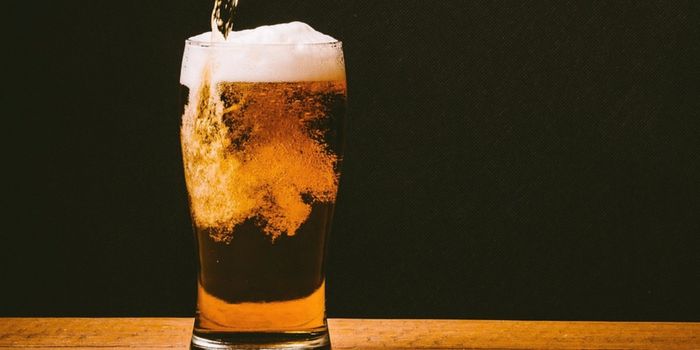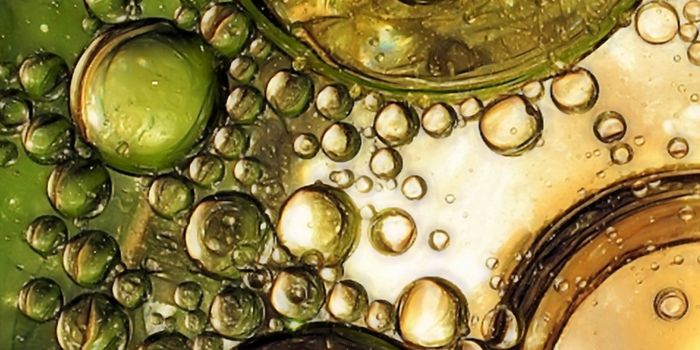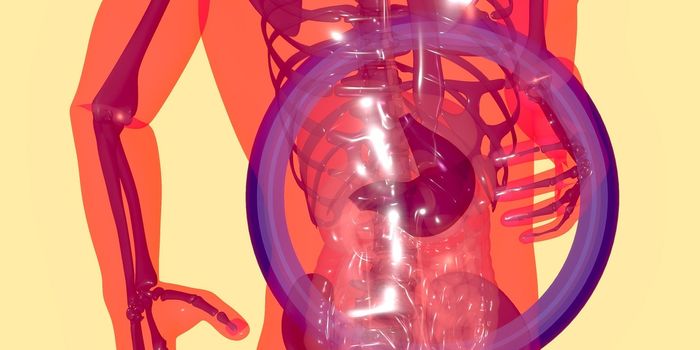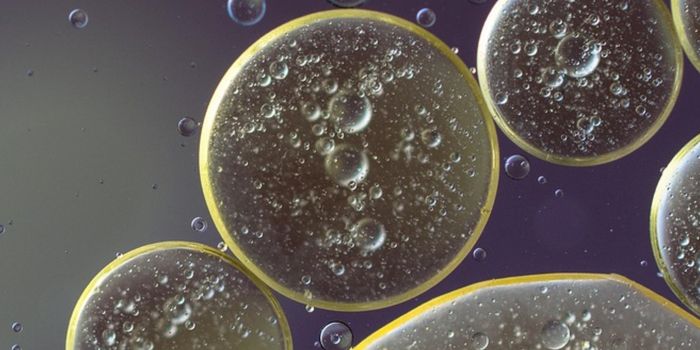How the E. coli Bacterium Can Benefit Us
The bacterium Escherichia coli is often thought of as a pathogen, but it’s typically found in the intestine as a regular part of gut flora. New work by researchers at the University of Colorado Boulder has now shown that it’s a vital part of that microbial community because it helps cells absorb iron, an essential nutrient. Reported in Cell, this study sheds light on how gut bacteria are beneficial to our health, and may also improve therapeutics that aim to treat iron deficiencies.
"In recent years, we have begun to realize that many microorganisms populating the human gastrointestinal tract are good for us, but we are only beginning to discover exactly what benefits they offer and how," said senior author Min Han, a professor in CU Boulder's Department of Molecular, Cellular and Developmental Biology (MCDB). "This new finding identifies one key role of E. coli, and that is to help cells absorb iron."
Iron deficiency is a very common problem, all over the world. It’s a major cause of anemia, in which the body doesn’t have enough blood cells. The disorder impacts more than one billion people worldwide.
There are pathogenic strains of E. coli that can cause big problems when they get out of the intestinal tract, for example, when it contaminates food that people consume. It is a common microbe, however, that isn’t usually harmful. Han and research associate Bin Qi wanted to learn more about the potentially beneficial roles it plays.
It’s been established that E. coli makes a chemical called enterobactin so it can absorb its own iron. But it had been assumed that in doing so, it was taking iron from its host. This work challenges that idea and suggests that enterobactin binds to ATP synthase, a molecule in host cells, drawing in iron.
For this study, the researchers used the roundworm, C. elegans, as a research model. The worm is a natural host for E. coli. The scientists also created E. coli that could not produce enterobactin and as a result, grew slowly and had low iron levels. After the worms were exposed to enterobactin, they resumed normal growth and their iron levels increased.
The scientists then found that when human cells or worms were given enterobactin, their iron levels went up even when iron was not also added.
"While bacteria make this iron-scavenging compound for their own use, our research suggests that mammals - including humans - have learned over time to hijack it for their own benefit," said Han, a Howard Hughes Medical Institute investigator.
While iron supplements can be helpful to some, Han noted that they may also suppress the production of enterobactin, and thereby interfere with iron uptake. Antibiotics could do the same thing, he added.
"Ultimately, we believe this molecule has great potential for addressing iron deficiency disorders, which are so prevalent," Han said. "Studies like ours demonstrate just how host animals are benefiting from the activities of the huge number of microbes in their gut."
Han is pursuing a patent for this work and intends to continue to develop therapeutics that can replace or improve iron supplementation.
Learn more about how the gut microbiome impacts human health in this recent lecture presented by the National Institutes of Health, featuring Fiona Powrie, the head of the Kennedy Institute of Rheumatology at the University of Oxford.
Sources: AAAS/Eurekalert! Via University of Colorado at Boulder, Cell









